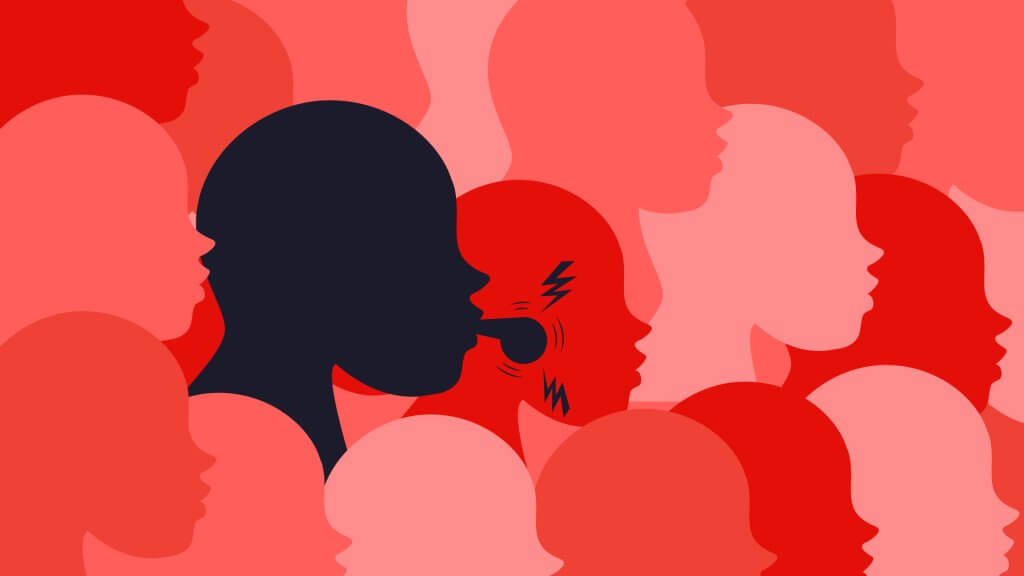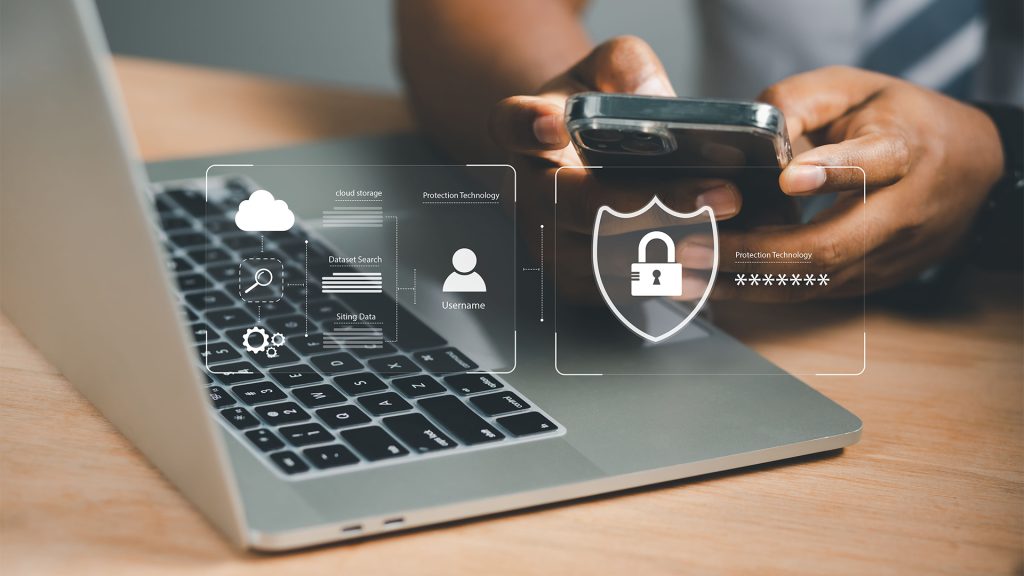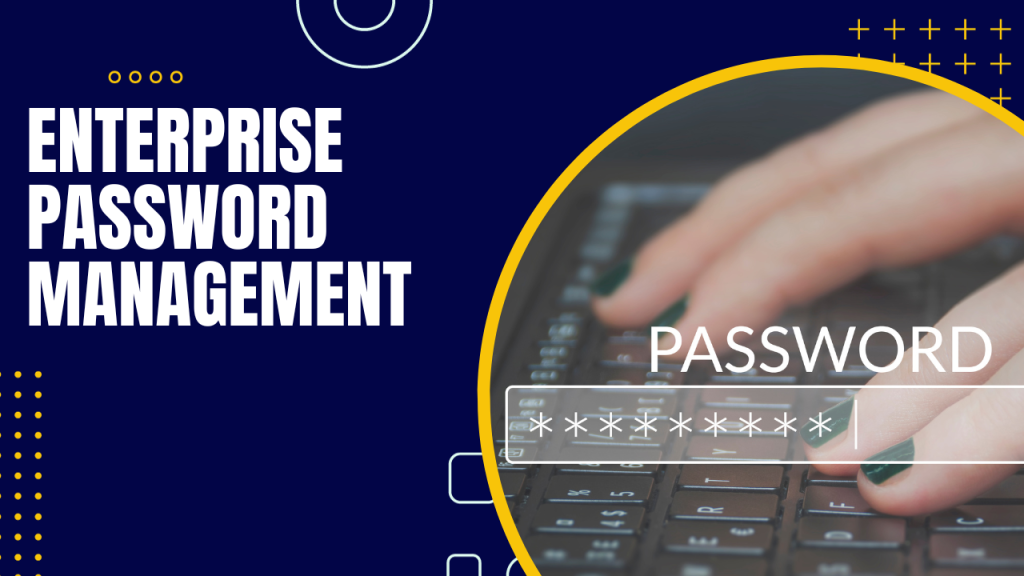Usually, when people take out a loan, they fully intend to keep their commitment to pay it. They don’t expect to default on it because they assume they will always be in the same or better financial situation they’re in when they apply for the loan. Unfortunately, that’s not always the case, especially when the economy tanks and you lose your job or are forced to take a pay cut. If you’ve found yourself in a situation where you can no longer make your loan payments, the credit experts at Tayne Law offer these suggestions to help.
Pay Late
Certainly, it’s always better to make your loan payments on time if you can. But, if you’re unable to make a payment because you’re not getting your own pay check for a few days, it’s acceptable to pay late. In many cases, if you get your payment to your lender within 30 days of your payment date, the lender doesn’t even report the late payment to the credit bureaus. Your loan will stay current and you won’t damage your credit rating, so if paying late is an option, take it.
Contact Your Lender
Communication with your lender is always the best way to confront the issue of not being able to pay. Explain that you aren’t able to make the payments and ask them what options they have available to you. They might be able to change your payment due date, freeze your account so you can skip some payments (interest will continue to accrue), or even provide a refinance option that will lower your payment amounts.
Debt settlement is also sometimes an option, especially if you can prove to your lender that you can’t make the payments now and are unlikely to be able to make them in the future. The lender would rather get what they can from you instead of nothing at all. They also don’t want to go through a protracted legal process only to get a lesser amount in the long run. You might need the assistance of a credit expert to help you settle your debt, but it can be a great way to get out from under high monthly payments.
Prioritise Payments
Sometimes, we’re forced to make difficult decisions on which bills to pay in a month. Clearly, do everything you can to stay current on your house and auto loans, but if you have to skip a credit card or unsecured loan payment, it’s not the end of the world. You will start getting calls from your lender as soon as you’re 30 days late (maybe sooner), interest and penalties will apply, and your credit will take a hit, but as long as it’s just one payment every so often, it’s not going to destroy you.
Again, communication is the key. If you’re going to miss a payment, contact your lender and let them know the situation. They will do everything they can to get your money, so they will likely work with you to come up with a solution that is acceptable to you both.
Conclusion
It’s disheartening and frustrating when you find yourself unable to make a loan payment that you promised you’d make. But you’re not the first person to be in this situation and you won’t be the last. What matters now is how you respond to the problem and what action you take to resolve the problem.






















